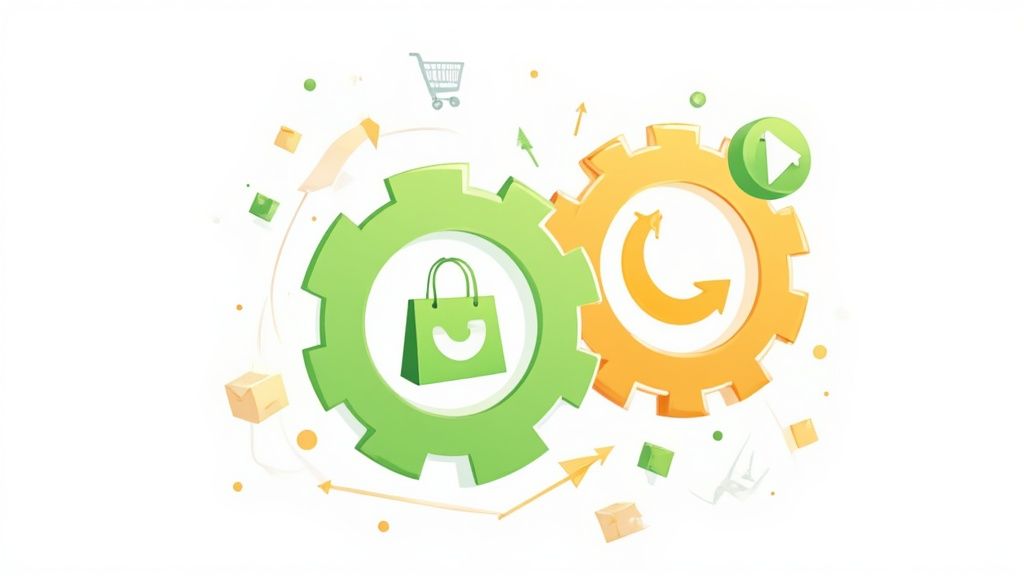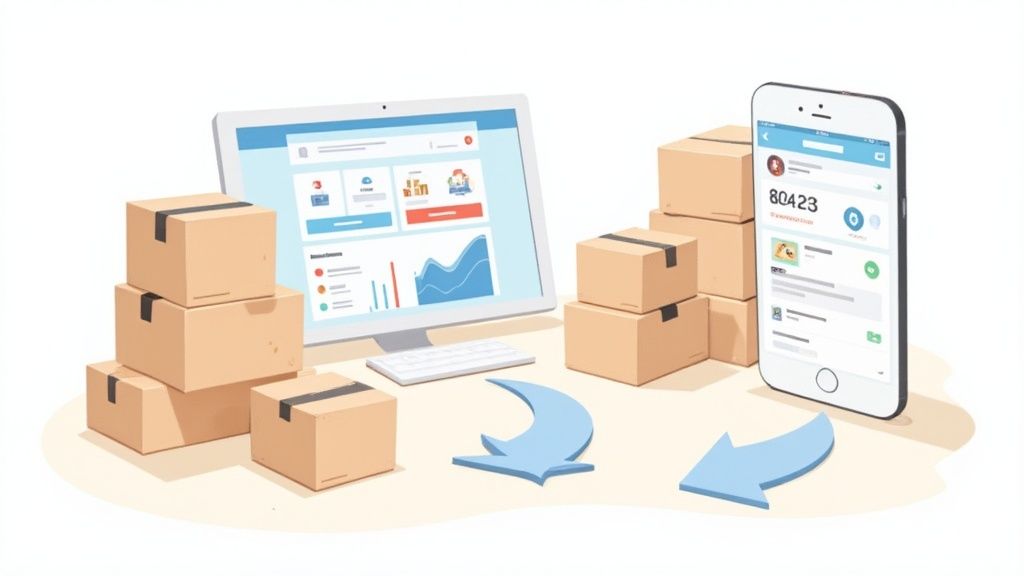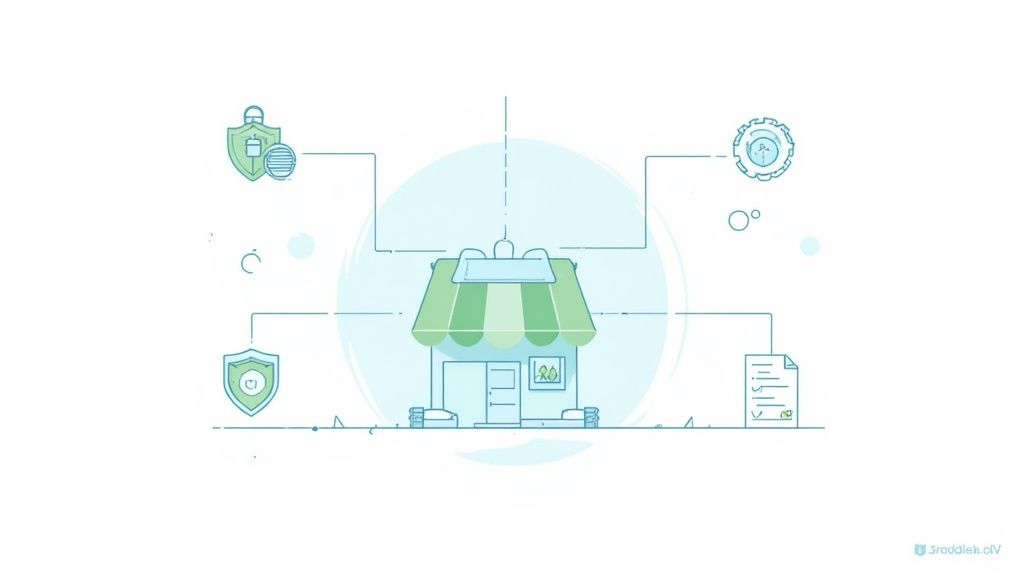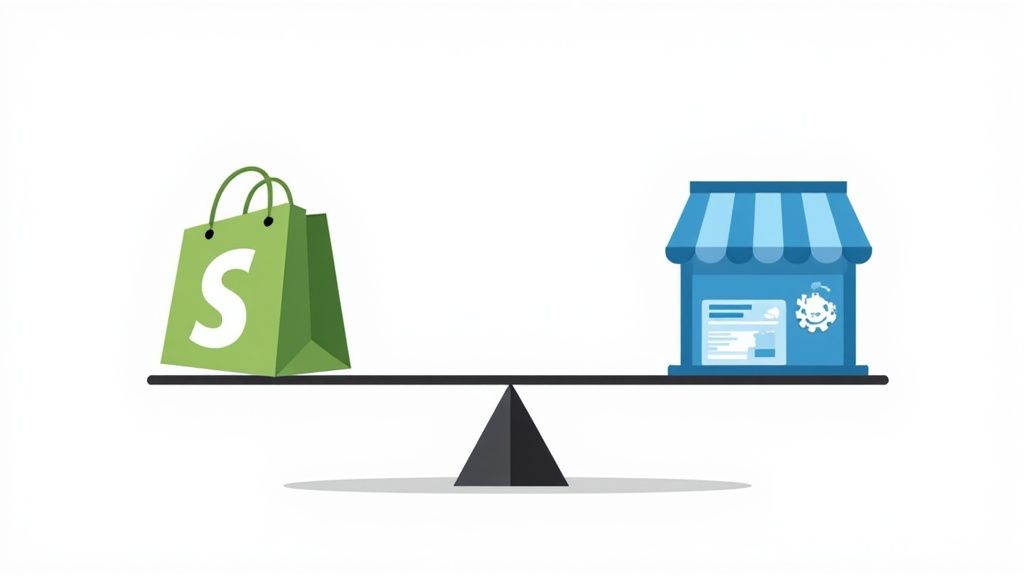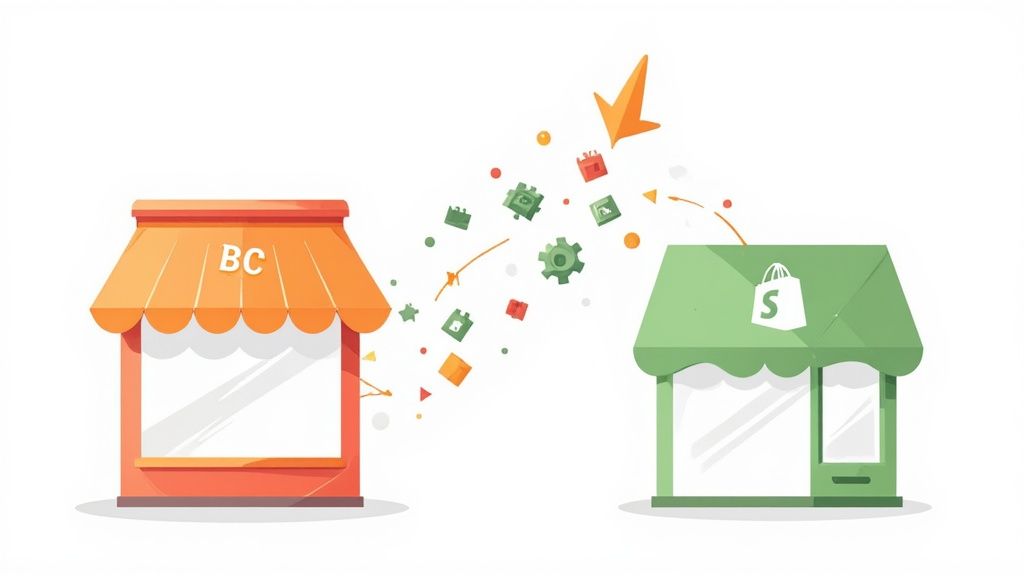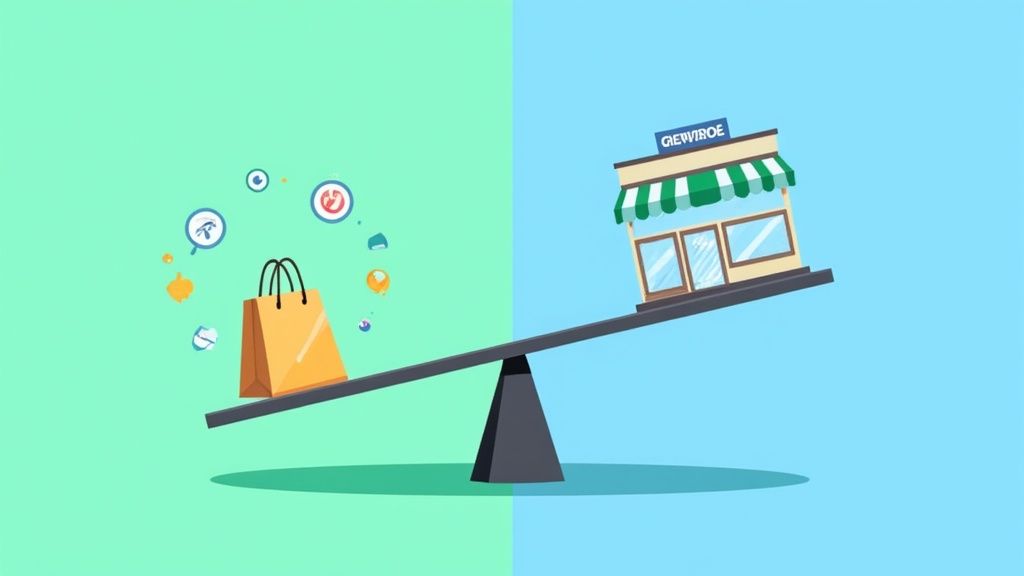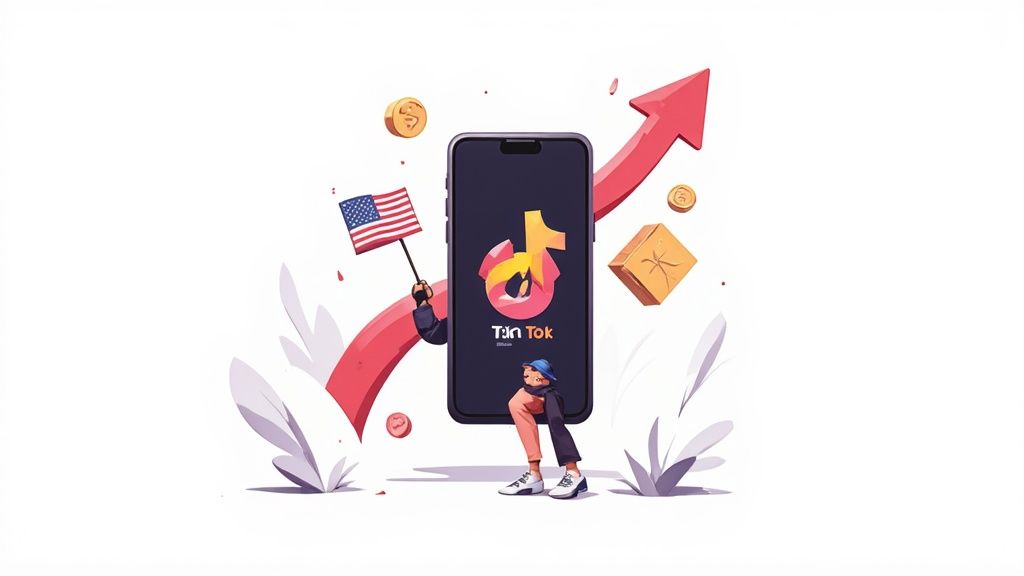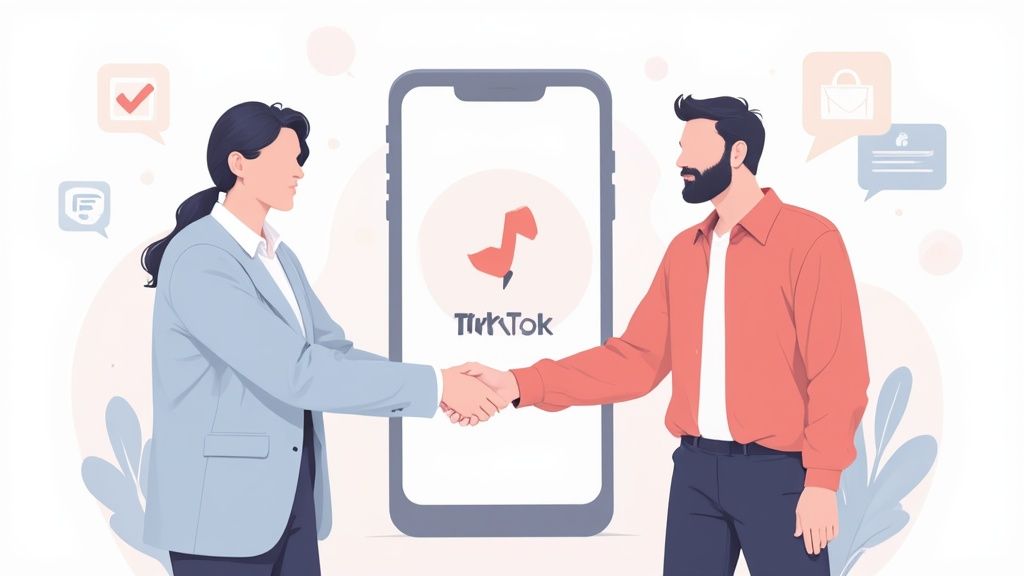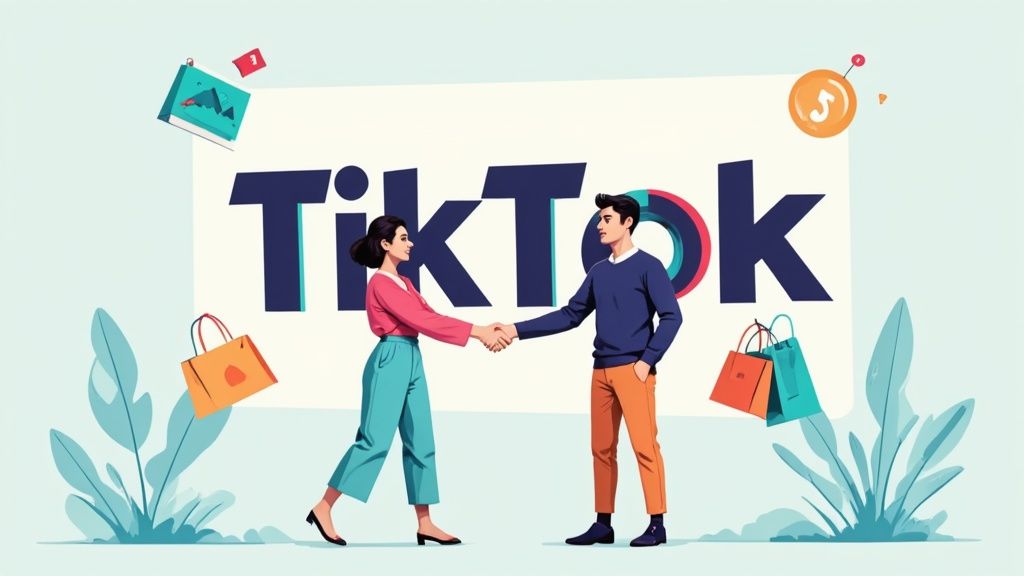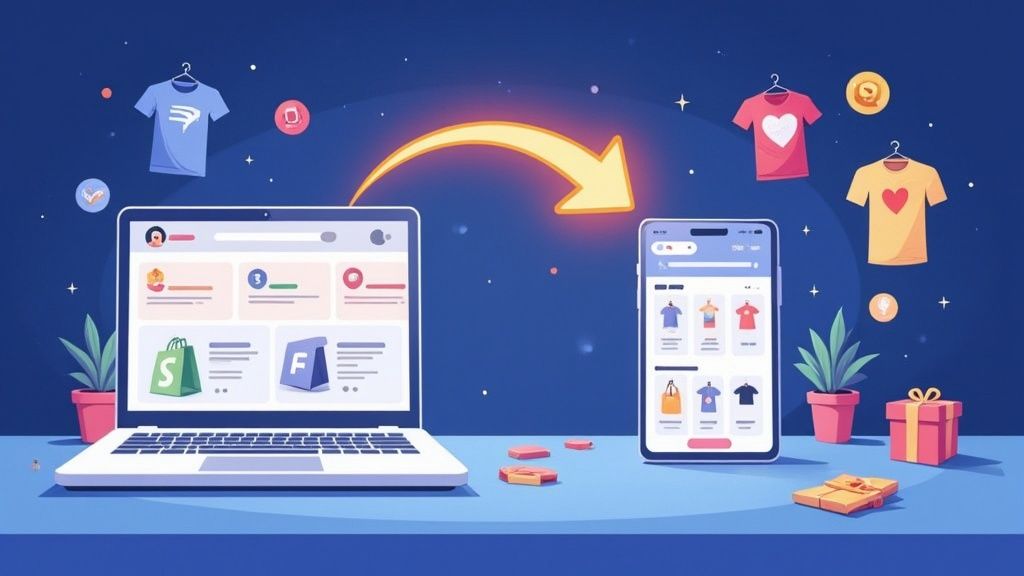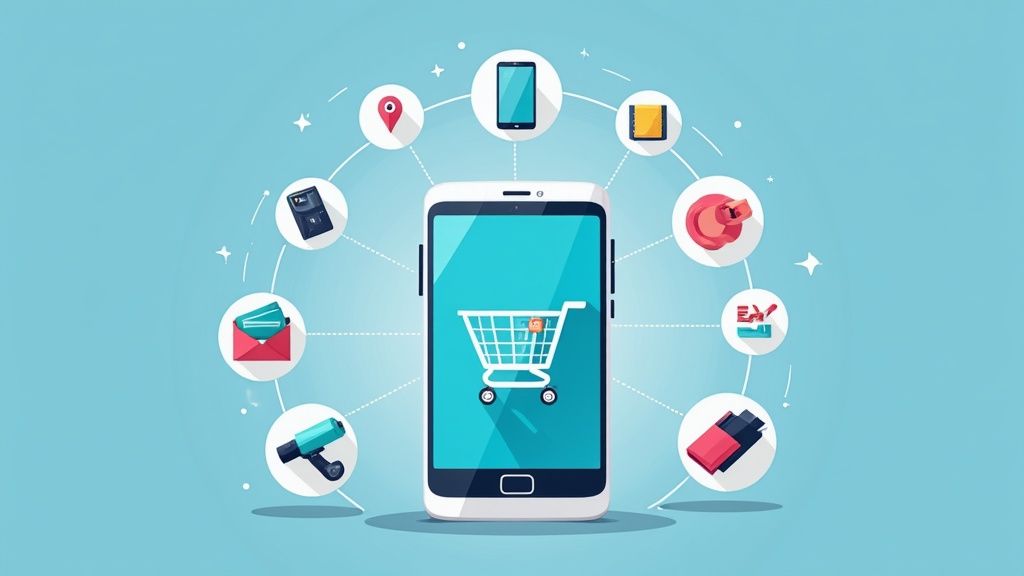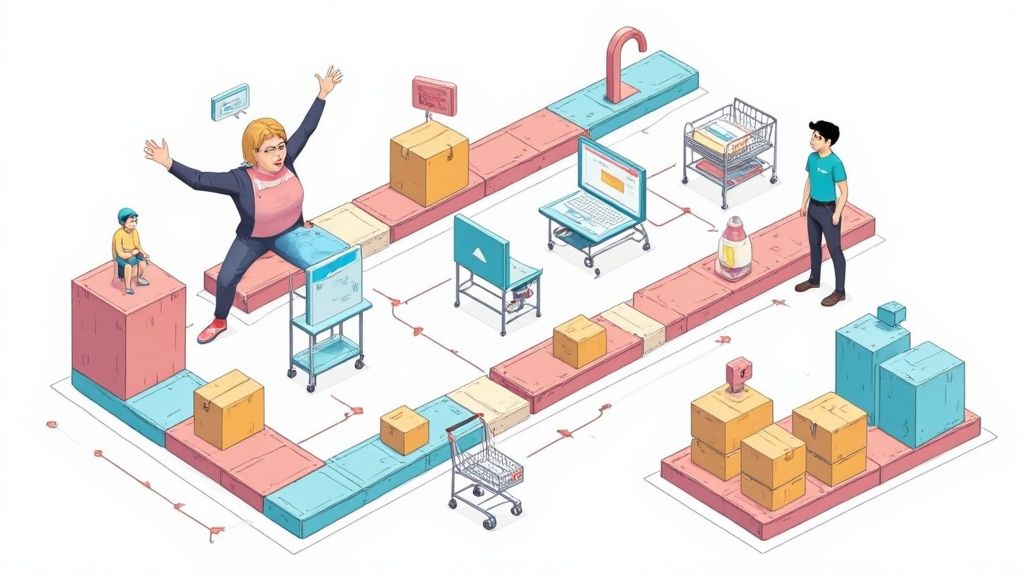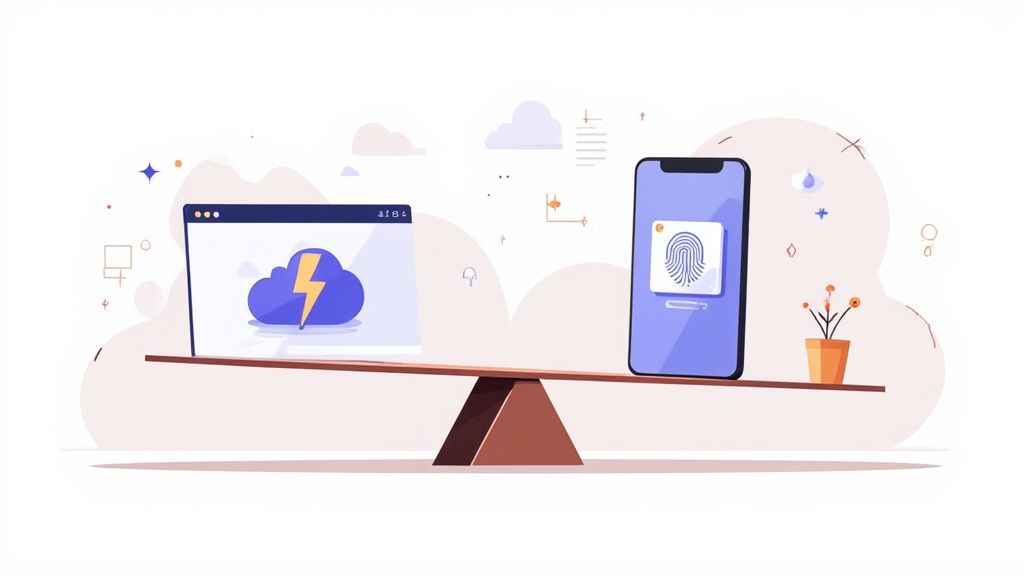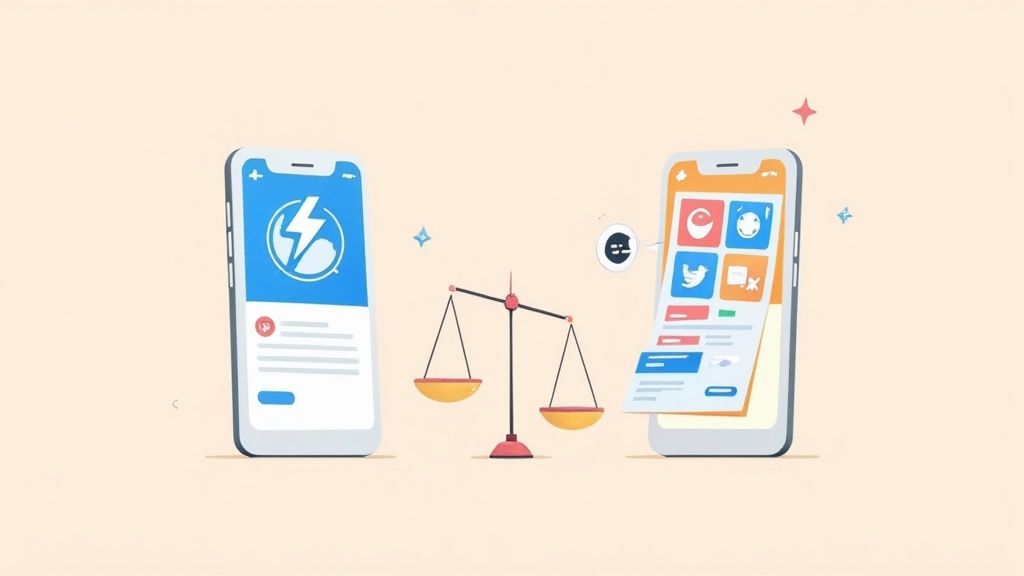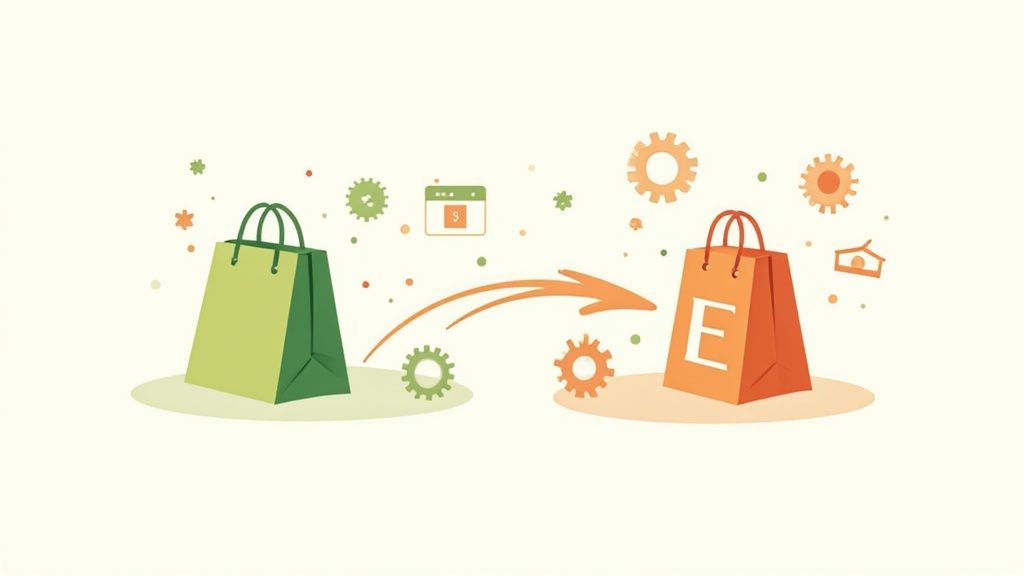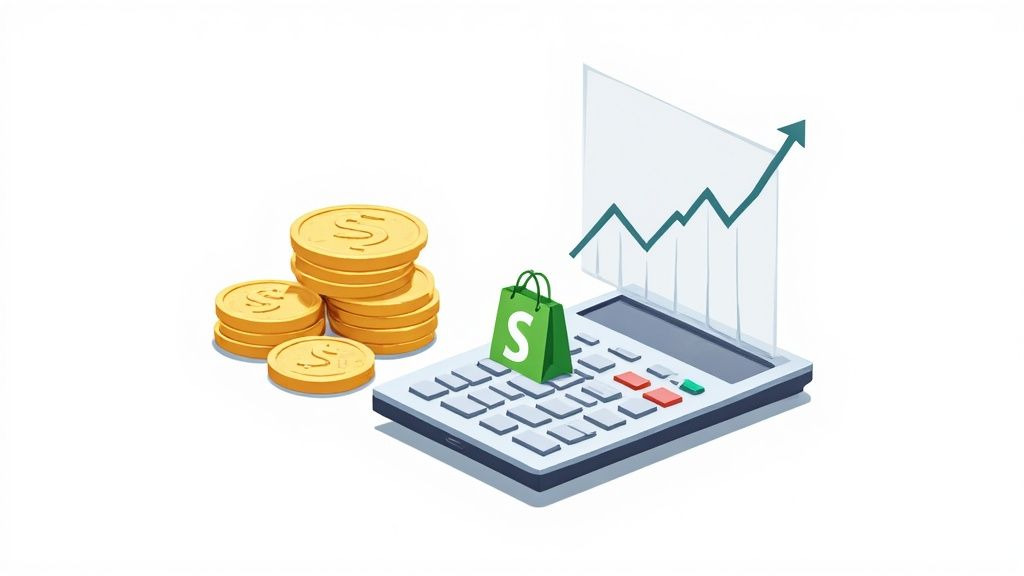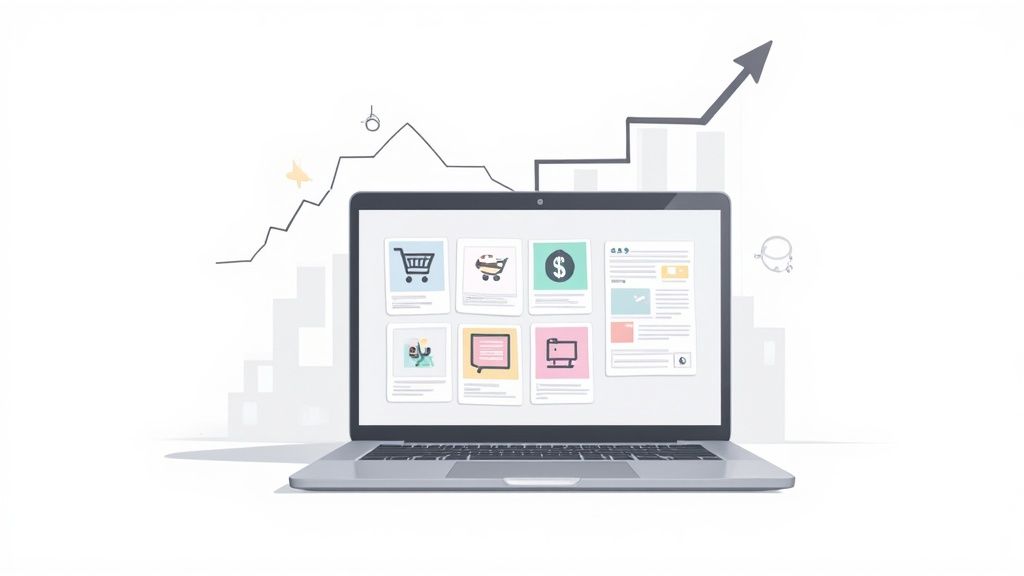.webp)
Hello🖐 This is Daniil from ECORN Agency. Last year, we published a short guide on NFT integration and opportunities on Shopify. Integrating Web3 and blockchain was a completely new concept for us, but we learned a lot during this year and have prepared updates in this article.
2022 overview for NFT
Over the past year, the crypto and blockchain markets have gone through significant changes. While June 2022 saw a 75% decrease in NFT marketplace sales from the previous month, some experts see it as an opportunity for investment and anticipate an inevitable growth in the NFT market. Numerous Web2 companies such as Shopify, Meta, Samsung, and Apple have recognized NFTs as a part of our lives.
Shopify and NFT in 2022
Shopify initially limited NFT integration to Shopify Plus customers, but eventually opened up access to all merchants. They released guidelines and approved dozens of Shopify NFT Apps, enabling users to create NFT and blockchain integration. Shopify also provided access to blockchains such as Flow, Ethereum, and Polygon, as well as Avalanche, Solana, BSC, and MultiversX (Elrond).

NFT and Blockchain use-cases on Shopify
In addition to simply minting and reselling NFTs, app developers offer Tokengated Commerce, NFT, and Web3 marketing features. Some of the applications in the Shopify App Store offer features such as minting NFTs, primary and secondary NFT sales, NFTs as a digital twin of the product, airdrops, NFT collection imports, tokengated sales, tokengated discounts, tokengated content, tokengated subscriptions, tokengated loyalty programs, and aggregation of Web2 and Web3 audiences.
Notable Project in Shopify ecosystem with NFT
Notable examples of blockchain and Web3 implementation by established Web2 brands include Doodles, Liquid Death, Budweiser, and Richard Royal Tea. These companies have all released campaigns with NFT distributions and various utilities, listed on Shopify and available on OpenSea.

Shopify has enabled an extensive list of opportunities for blockchain integration, allowing Web2 and Web3 companies to use the benefits of Web2. Existing apps and their features can often replace custom development on Solidity.
We are excited to see projects experimenting with Web3 mechanics for marketing, loyalty programs, and commerce. Shopify is considering this as a solid opportunity to continue its position as the market leader in eCommerce.
Thank you for reading, check full version of article on Medium, and feel free to reach out to the ECORN NFT team. WAGMI! 🚀















